Do You Know Animals Can Feel the Pain of Loss
#AnimalEmotions, #GrievingAnimals, #ElephantGrief, #PetLoss, #AnimalLove, #AnimalGrief, #DogLoyalty, #WhaleMourning, #EmpathyForAnimals, #AnimalWelfare, #AnimalBehavior, #Pain
KNOWLEDGE & EDUCATION
8/2/20253 min read
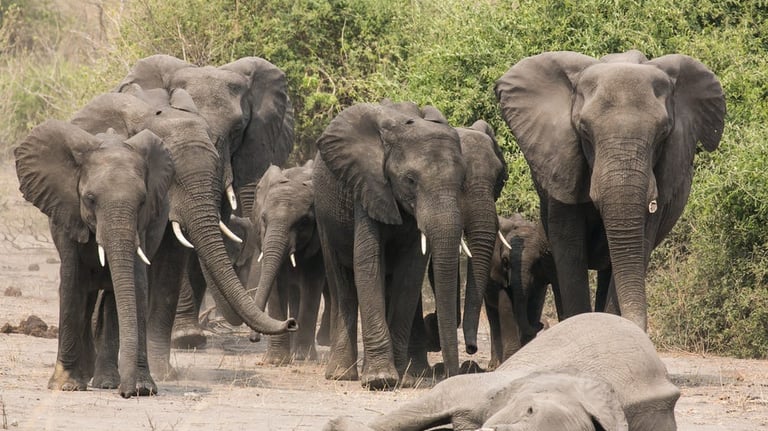



We often associate grief and emotional pain with humans, but growing scientific research and real-life observations suggest that animals too experience complex emotions, including the pain of loss. From elephants mourning their dead to dogs refusing to eat after losing a companion, the animal kingdom reveals a depth of emotional intelligence that challenges our traditional views. Let’s explore how animals feel and express grief, much like we do.
1. Elephants: Mourning Rituals and Graveyards
Elephants are perhaps the most documented animals when it comes to grief.
They’ve been observed touching the bones of deceased herd members, revisiting death sites, and even standing silently around a body in what appears to be a mourning ritual.
Some researchers have called this behavior "elephant graveyard phenomena."
2. Dogs: Loyalty Beyond Death
Many dog owners have heartbreaking stories of their pets grieving a lost companion or human.
Dogs may stop eating, become lethargic, or wait near a deceased person’s belongings.
One famous example is Hachikō, the Japanese Akita who waited at a train station daily for his dead owner—for nearly 10 years.
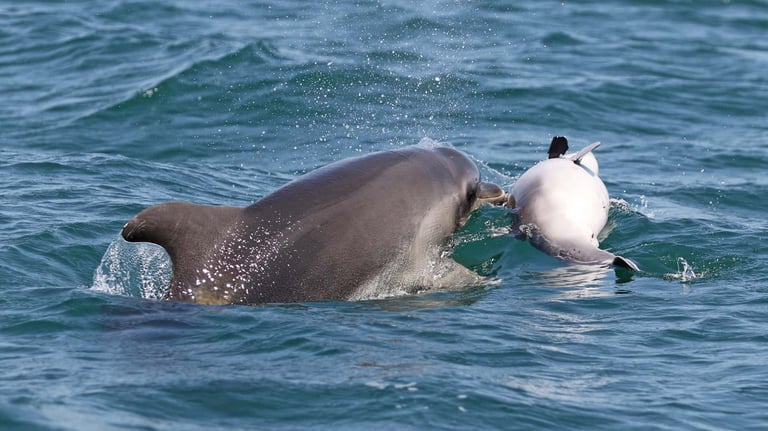

3. Dolphins: Carrying the Dead
Dolphins have been seen carrying their dead calves for days or even weeks, nudging them to the surface in attempts to revive them.
This shows both an understanding of death and a reluctance to let go—similar to human grieving behaviors.
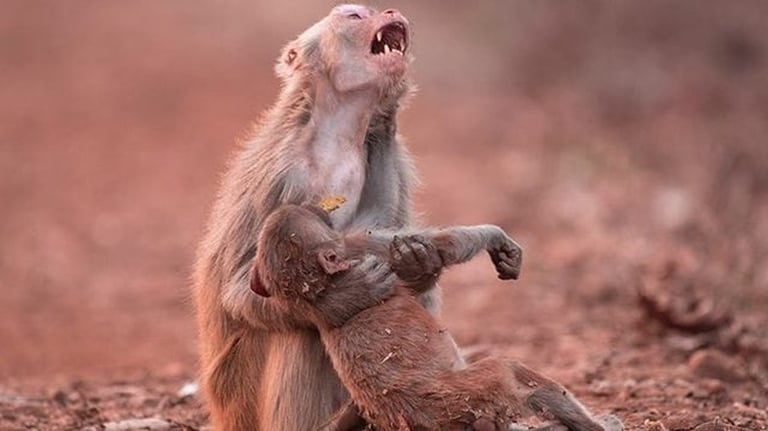

4. Primates: Silent Grief and Mother’s Sorrow
Chimpanzees and gorillas have been seen carrying deceased infants for days.
They often become quieter, avoid social interaction, and display withdrawn behavior.
Jane Goodall documented many such cases, highlighting their emotional depth.
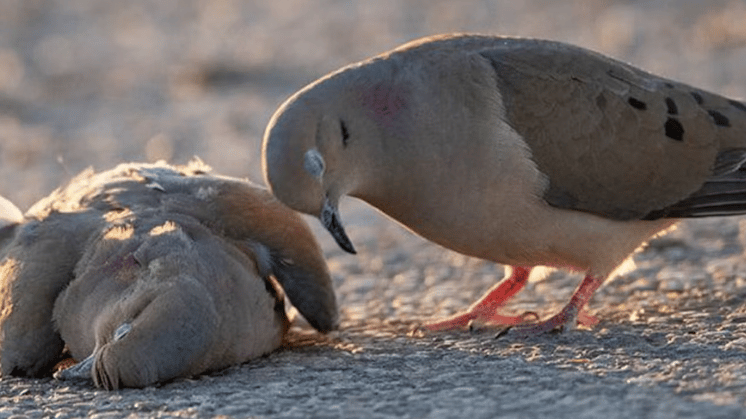

5. Birds: Pair Bonds and Loss
Many birds form lifelong monogamous relationships.
When one partner dies, the surviving bird often shows clear signs of sadness or refuses to bond again.
Some birds like geese have been observed calling out for their mates and becoming socially isolated.
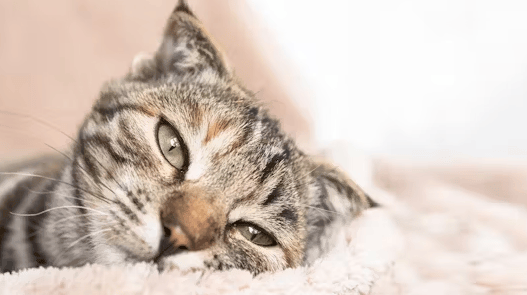

6. Cats: Subtle but Real Grief
Cats, often seen as independent, also grieve.
They may search for a lost companion, sleep more, or vocalize differently.
The pain may be harder to detect, but pet behaviorists affirm it’s real and emotionally taxing.
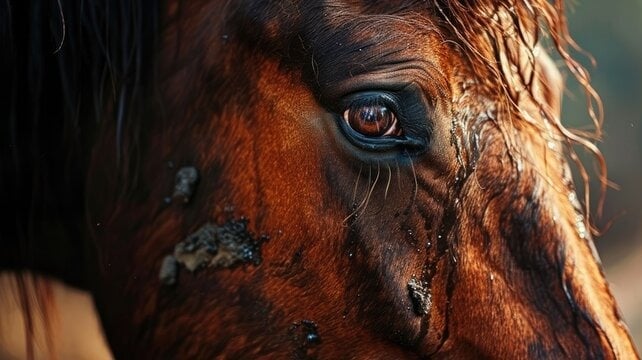

7. Horses: Emotional Memory and Sadness
Horses form deep social bonds and have excellent memories.
When a close companion—human or horse—dies, they often show anxiety, whinny more, or become aggressive or withdrawn.
They, too, need time to adjust emotionally.
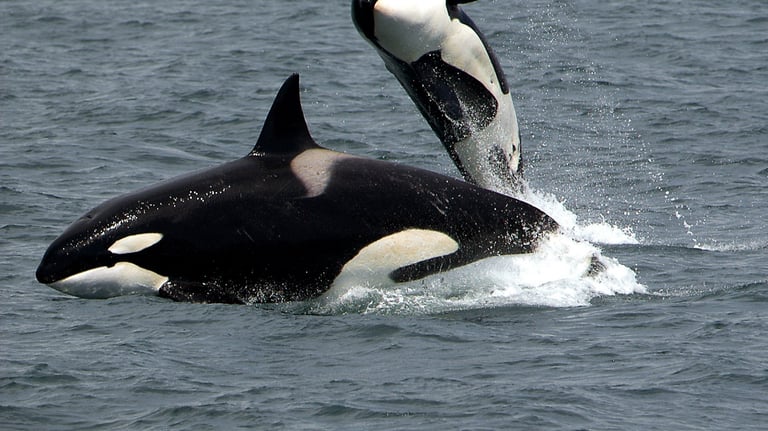

8. Whales: Oceanic Mourning
Like dolphins, whales (especially orcas) have been seen carrying or guarding dead calves.
The grief can be profound—lasting weeks.
In 2018, an orca named Tahlequah carried her dead calf for 17 days across 1,000 miles, capturing global attention.
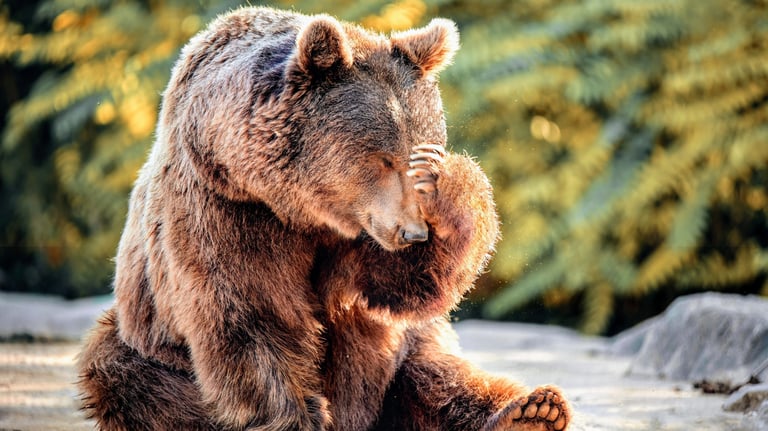

9. Zoo and Farm Animals: Emotional Impact of Loss
Even domesticated animals in captivity show signs of grief.
Sheep and cows can become distressed when separated from offspring.
Zoo keepers often report grieving behaviors in animals like lions, bears, and parrots after a companion dies.
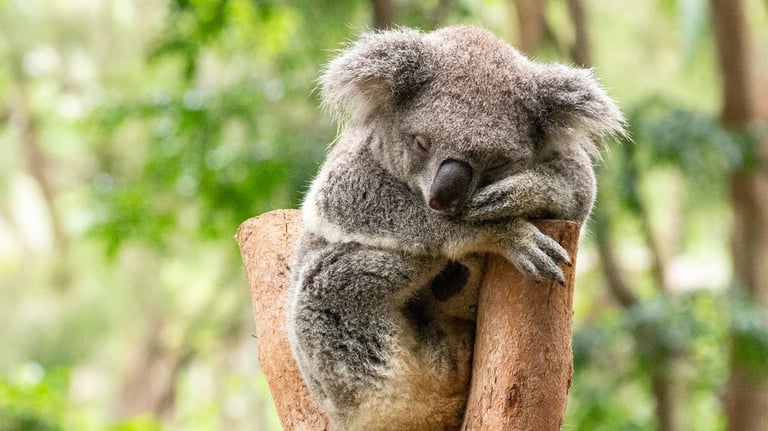

10. Recognizing Animal Emotions Matters
Understanding that animals feel grief challenges us to treat them with more empathy.
Whether in the wild, at home, or in captivity, animals deserve emotional care, especially after a loss.
Animal lovers and scientists alike are urging for policies and caregiving practices that respect their emotional needs.
Conclusion
Grief is not limited to humans. Across species, from majestic elephants to loyal dogs, animals experience and express the pain of loss. These behaviors reveal a shared emotional thread that connects all sentient beings. As science uncovers more about animal emotions, it's clear—animals don’t just live, they feel deeply. Recognizing their grief is the first step toward compassion, better care, and ethical coexistence.
Knowledge
Empowering minds with reliable educational content daily.
Newsletter Signup
© 2025 DoYouKnow. All rights reserved.
Stay Ahead of the Trends – Join Our Newsletter
